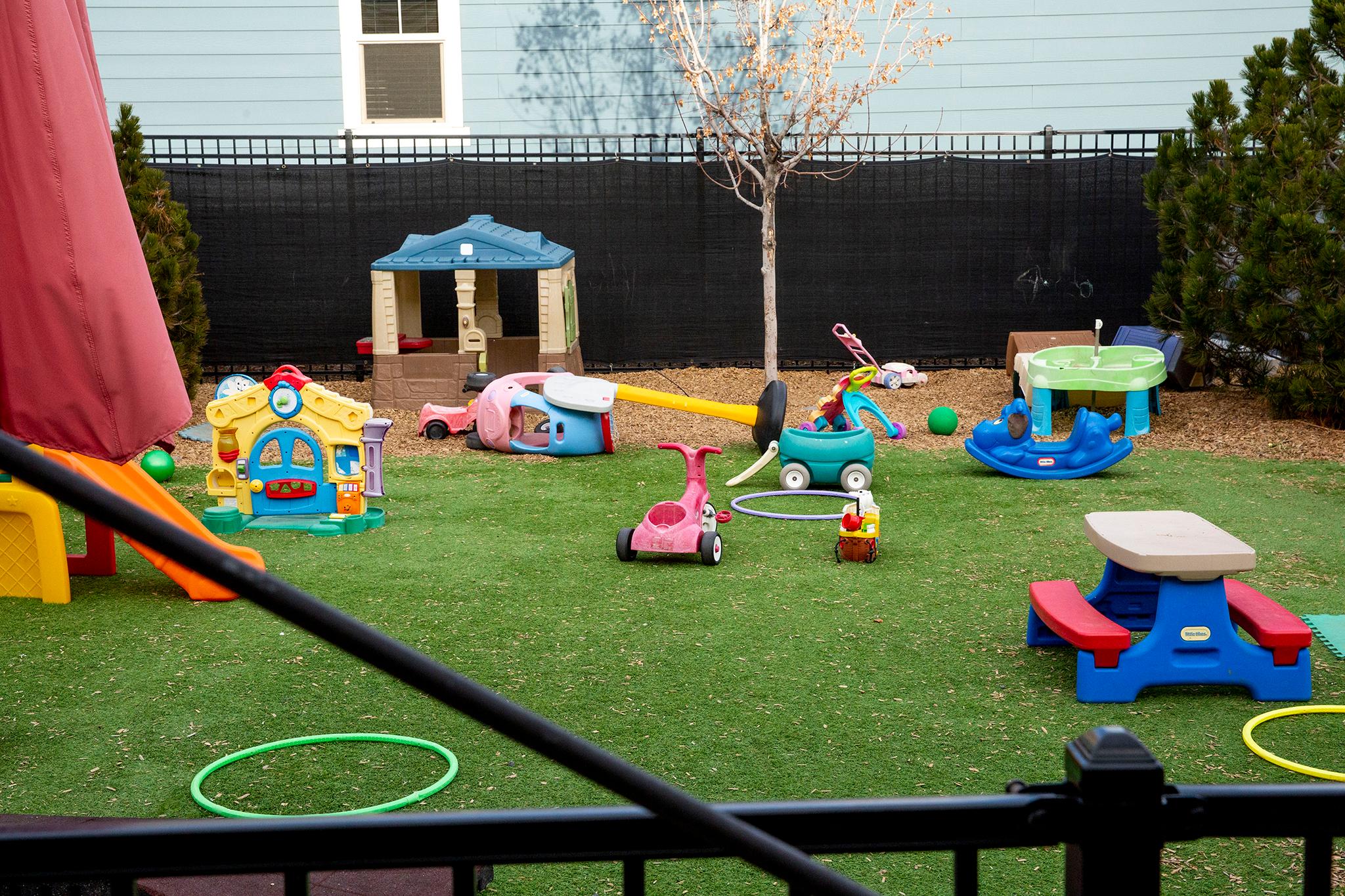In 2006, Denver voters approved a 0.12% sales tax to fund the Denver Preschool Program (DPP), which gives out preschool tuition credits to families in the city. The program had an eight year expiration date, and in 2014, voters reauthorized the program with a 0.03% increase. In 2016, voters approved the program's higher 0.15% rate through 2026.
Now, voters will decide this fall whether or not the 0.15% sales tax creating the program should be permanent, after City Council approved legislation on a ballot measure Monday. Currently, DPP is set to expire at the end of 2026.
"Voters have voted for the Denver Preschool Program tax three times, and this will be our fourth time going to the ballot," said DPP CEO Elsa Holguín at a City Council committee meeting in April. "They overwhelmingly support the program and we think it has proven its value and importance. So we think it is time to remove the sunset."
City Council unanimously passed the ordinance Monday, sending the decision to the ballot this fall. Councilmember Amanda Sandoval, who sponsored the ordinance and is the Council representative on the DPP board, spoke about how her two kids participated in the program. One is now in college, and the other is starting college next year.
"At the time that my daughter first entered the Denver Preschool Program, I was a stay at home mom. And I remember thinking, 'How am I going to afford preschool for my four-year-old daughter?'" Sandoval said. "Unbeknownst to me was the Denver Preschool Program. I wasn't aware of it, and I got an email from the preschool that she was going to saying that they were going to help provide financial assistance. It changed my family's life."
In the 17 years since the start of the program, DPP has helped more than 65,000 kids attend preschool.
From 2021 to 2022, the program distributed more than $18.3 million in tuition credits, with more than 4,300 four-year-olds receiving around an average of $790 per month. DPP also piloted a program for around 350 three-year-olds. The program is open to anyone in Denver, regardless of income-level, while prioritizing grant amounts and full scholarships for lowest-income families.
When the program was up for reauthorization in 2014, Chalkbeat reported that a study from DPP found 90 percent of children receiving grants were considered school-ready based on national assessment scores.
Other studies showed students in the program did better on state tests in third-grade than students who did not go through DPP. The program has also spent money on improving quality at existing Denver preschools.
When DPP was first created, statewide preschool resources were much more limited. But this fall, Colorado is implementing its new Universal Preschool (UPK) program, which provides up to 15 hours of free preschool for four-year-olds statewide.
Under the state UPK program, some families can also qualify for up to 30 hours and 10 hours for three-year-olds. Since the state program does not cover full day preschool, DPP CEO Elsa Holguín told City Council in April that the money raised through the existing 0.15% Denver sales tax would stretch the state program further. DPP is also helping run the Denver iteration of the new state program.
"This is a great opportunity to leverage the state UPK dollars, along with the Denver tax dollars, to make sure even more four-year-olds and their families can afford full day preschool and even extended day preschool, while also extending our pilot for our three-year-old program," Holguín said.
City Council also approved a few other changes to the program Monday.
Previously, DPP could only spend money on preschools that were already licensed. But a different bill approved Monday allows DPP to create a pilot program to help preschools looking to obtain a license.
Another change now allows DPP to work with kids who live outside the City and County of Denver. While DPP can only spend money raised from the 0.15% Denver sales tax on children who live in Denver proper, DPP requested the ability to work with kids in the metro area whose tuition is funded by the new statewide preschool dollars and want to attend preschool in the city.
"This will just allow the nonprofit to better serve kids with state UPK dollars," Holguín told City Council.
Whether or not these changes, or the existence of DPP at all, extends past 2026 will depend on the voters. The measure to make the program permanent will go to the ballot on Nov. 7.












